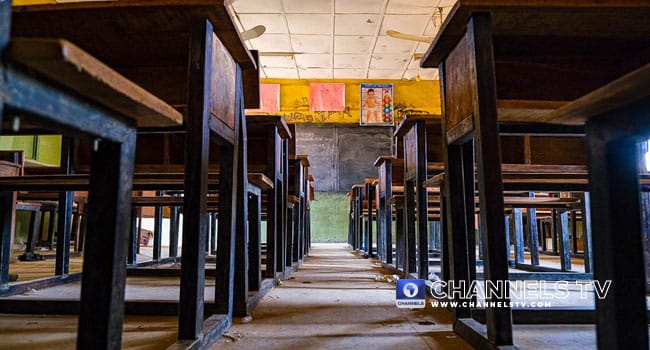The Nigerian education sector has once again been thrown into the spotlight, as the Senior Staff Association of Nigerian Polytechnics (SSANIP) has issued a 21-day ultimatum to the Federal Government over unresolved welfare demands and unpaid arrears. The union’s threat of a nationwide industrial action, if its grievances are not addressed, raises serious concerns for polytechnic education and the broader academic system.
This development highlights not only the struggle of Nigerian polytechnic staff but also the chronic challenges facing the nation’s education system, where disputes between government and workers’ unions have become a recurring cycle.
Background: Why SSANIP Is Angry
At its 77th General Executive Council (GEC) Meeting, held at the Audu Bako College of Agriculture in Danbatta, Kano State, SSANIP leaders, led by President Philip Ogunsipe and National Secretary Shehu Gaya, reviewed unresolved issues that have dragged on for years without concrete government action.
The union, after careful deliberations, resolved to give the Federal Government 21 days (starting August 27, 2025) to meet its demands or face a total withdrawal of services in all polytechnics nationwide.
Core Demands of SSANIP
SSANIP’s demands cut across welfare, funding, and institutional reforms. They include:
- Release of a New Scheme of Service
- Polytechnic staff have long demanded a revised scheme of service that properly captures career progression, professional recognition, and remuneration in line with global standards.
- Constitution of a Renegotiation Committee for the 2010 Agreement
- Like universities (with ASUU), polytechnic workers signed agreements with the government over wages, conditions of service, and funding. However, more than a decade later, most of these agreements remain unimplemented or outdated.
- Payment of Salary and Promotion Arrears
- The government owes staff multiple arrears, including:
- Promotion arrears for workers who advanced in rank but never received corresponding pay.
- 25% and 35% salary review arrears from earlier wage adjustments.
- Wage awards promised as palliatives but not fully disbursed.
- Full implementation of the new minimum wage across polytechnic institutions.
- The government owes staff multiple arrears, including:
- Release of Needs Assessment Funds
- SSANIP is demanding the release of critical funds for polytechnic development for the years 2023, 2024, and 2025. These funds are meant to upgrade facilities, provide learning equipment, and improve infrastructure.
Why This Matters: Implications of Another Strike
If the ultimatum expires without resolution by September 17, 2025, SSANIP has vowed to down tools nationwide. The consequences could be far-reaching:
- For Students:
Polytechnic students would face disrupted academic calendars, delayed graduations, and prolonged uncertainty. Many may end up spending extra years in school due to stoppages in lectures, examinations, and project supervision. - For Parents:
Parents who are already struggling with high fees and economic hardship will be forced to shoulder the burden of longer academic sessions and additional expenses. - For Nigeria’s Economy:
Polytechnics play a vital role in technical and vocational education, producing skilled manpower for industries. Strikes affect the quality and availability of this workforce, thereby weakening industries that rely on middle-level technical experts. - For the Education System:
Frequent strikes erode confidence in Nigeria’s tertiary education system. Many young Nigerians are increasingly seeking alternatives abroad, leading to capital flight and brain drain.
The Government’s Response So Far
While SSANIP accuses the Federal Government of insincerity and lip service, officials argue that economic realities, dwindling revenue, and competing priorities limit how quickly arrears can be cleared.
However, critics point out that while government finds funds for political projects and high-profile initiatives, education often remains underfunded. This recurring imbalance continues to fuel agitation in the education sector.
A Broader Picture: Education Unions vs. Government
SSANIP’s move is not isolated. Nigeria’s education sector has, for decades, been plagued by union-government clashes:
- ASUU (Academic Staff Union of Universities) frequently embarks on long strikes over similar grievances.
- ASUP (Academic Staff Union of Polytechnics) has also issued several warnings in recent years.
- SSANIP (Senior Staff Association of Polytechnics) is now taking the center stage with its fresh ultimatum.
This recurring trend shows a deeper structural problem: agreements are signed but rarely implemented, forcing unions back to the trenches every few years.
